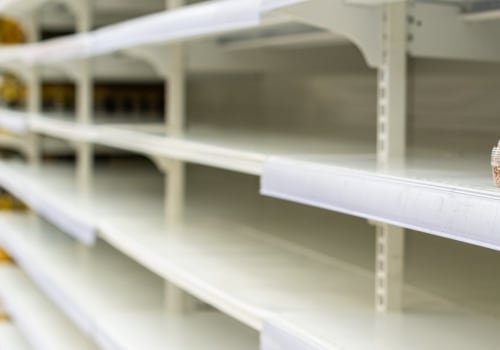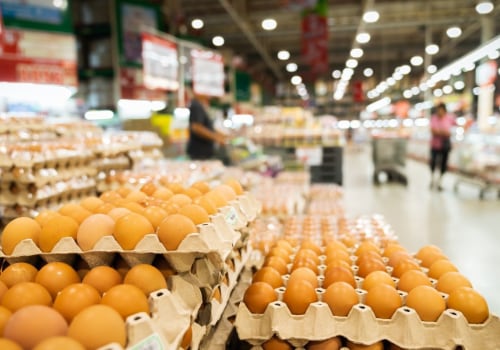The food supply chain is important because it is what helps meet consumer demand for high-quality food products. Participants who are involved in food production ensure safe and sustainable food production. This is what consumers are looking for when it comes to their food and executive orders. The food supply chain plays a key role in ensuring that the food we eat reaches our mouth safely.
It is an elaborate system required by the global community to maintain the safety, sustainability and safety of food. Although it is designed and programmed to work without errors, this cannot always be avoided. Whether it's due to a system malfunction, human error or a cyber attack, there are many things that can go wrong. For manufacturers, this is necessary if products need to be recalled or recalled and, for consumers, it means that they can understand the origin of their food and how it was produced.
It has been proven that actors in the food supply chain must provide differentiated information to meet dynamic and diversified demands for transparency information. This simulation model is based on stochastic programming that stores food surpluses between stores in a local area. Proper management is essential to ensure that your company complies with food-related regulations and delivers high-quality food to your customers. The key to meeting consumer demand for high-quality food products starts with a well-managed food supply chain, and this will also help prevent problems from occurring and causing losses in the future.
From farm to table, food is increasingly digitized, thanks to growing consumer demand and the inability to keep up to date based solely on manual data. Stevenson and Pirog (200) introduced a value chain framework for strategic alliances between food production, processing and distribution that seek to create more value in the supply chain. North American companies are aggressively considering a new food market with a large number of potential consumers. Food production as a source of the FSCM is extremely important in Europe, since some 9.12 million people worked in the agricultural industry, including sowing, harvesting, etc.
To this end, collaborations with ecological relations could lead to a win-win situation, since large companies will obtain economic benefits and, in turn, members of the food supply chain, such as SMEs, could also to be benefited. FSCM implementations in real-life industries are based on cutting-edge technologies used to address some of the problems faced by the food supply chain. The current challenges and future perspectives of supply chain network structure, data collection, decision-making models and implementations are highlighted. The global food supply chain requires advanced planning at every part of the food journey to ensure quality and safety.
Despite the wide adoption of data collection approaches used in the food supply chain, several challenges still exist, leaving data-based decision-making limited. Different types of sensors are used to facilitate various operations within the entire food supply chain (Park et al.







Leave a Comment